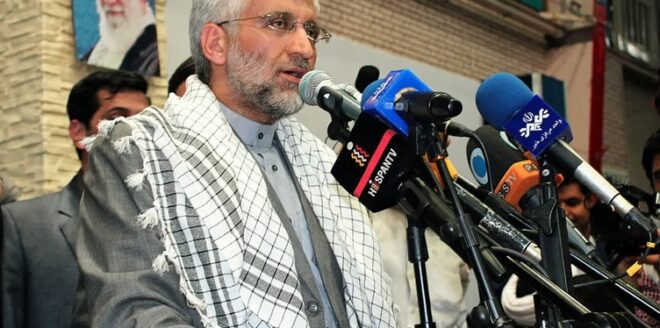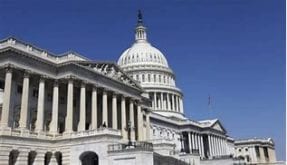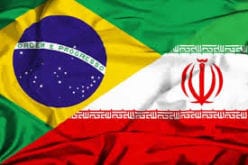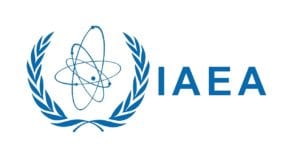iranintl – Amidst a crowded field of 80 candidates for the upcoming state-controlled presidential election in Iran, one name continually stands out: Saeed Jalili.
At 55, the anti-American ideologue and self-proclaimed revolutionary is seen by many as a potential replica of Ebrahim Raisi’s government.
The state-monitored Rouydad24 news outlet suggests that while his path to victory is complex, certain elements within Iran’s political landscape could favor his potential to win the presidency.
Jalili, an ultraconservative close ally of Supreme Leader Ali Khamenei, belongs to the Principalist faction in Iranian politics, which emphasizes the principles of the 1979 Islamic Revolution.
Having run as a presidential candidate in the past, one of Jalili’s official campaign slogans was “Great Jihad for Iran’s Leap Forward.”
He has held significant diplomatic and security roles within the Iranian government, serving as the secretary of the Supreme National Security Council from 2007 to 2013 and currently as a member of the Expediency Discernment Council.
Khamenei, who many experts assert virtually selected Raisi in 2021 despite the facade of elections, has maintained a favorable relationship with Jalili for many years.
Pointing to his inflexibility as Iran’s nuclear negotiator between 2007 and 2013, Rouydad24 notes that Jalili’s resistance to making concessions and his rigid approach resulted in multiple UN Security Council and IAEA Board of Governors resolutions against Iran. These resulted in international economic sanctions that began to unravel the relative stability of Iran’s oil-dependent economy.
During his tenure as deputy foreign minister, several European diplomats described Jalili to Reuters as someone who strongly and unwaveringly expressed his views. One diplomat even remarked that Jalili “specialized in monologue” rather than engaging in debate.
His approach often frustrated diplomats, with then-Under Secretary of State for Political Affairs William Burns recounting an instance where Jalili engaged in nearly 40 minutes of philosophical discourse during a meeting, avoiding direct answers and complicating the negotiation process.
Yet, this firm stance on nuclear negotiations has shaped the perception of him as a figure who does not easily bend to Western pressures. It’s likely that certain factions, particularly hardline and conservative groups, may support him for his ideological purity and rigid approach to negotiations.
Rouydad24’s analysis of Jalili suggests that his resistance amid nuclear talks may have been part of a broader strategy by the regime to develop Iran’s nuclear capabilities – while buying time.
Be that as it may, Jalili’s diplomatic style led some experts to conclude that he would not be a suitable candidate, if the regime wants to advance the state of its current foreign policy and improve relations with the West.
His main rival for the presidency may be Ali Larijani, a conservative and former parliamentary speaker. Some say the stage is set for a diplomatic dichotomy reminiscent of the 2013 election, where their contrasting approaches were already evident.
In 2022, according to some accounts, Jalili confronted Larijani over nuclear negotiations during a special meeting of the Expediency Council. Jalili reportedly proposed that Iran withdraw from the Non-Proliferation Treaty, a suggestion opposed by Larijani and others.
Rouydad24 analysis points out that in Iran’s foreign policy, the true power lies with higher-level authorities who make the final decisions. This could be reference to the Supreme Leader. The President and the Ministry of Foreign Affairs act as executors of these decisions. Despite this clear hierarchy, different administrations have managed to influence the decision-making process.
It’s unclear whether Jalili, a veteran of the Iran-Iraq war and former member of the Islamic Revolutionary Guards, would shift his stance on reaching a truce with Western powers.
Known for his strong “nationalistic” views and deep belief in the Islamic Republic’s moral and strategic success against perceived American aggression, Jalili has always taken a hardline approach. His track record suggests that as President, he would continue to emphasize resistance and minimal concessions, casting doubt on any potential move towards diplomatic compromise with the West.
It’s more likely that Khamenei will prefer to maintain the status quo, positioning Jalili as a convenient successor to Raisi.
 Shabtabnews In this dark night, I have lost my way – Arise from a corner, oh you the star of guidance.
Shabtabnews In this dark night, I have lost my way – Arise from a corner, oh you the star of guidance.



